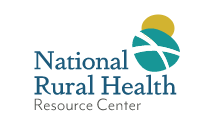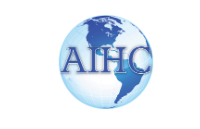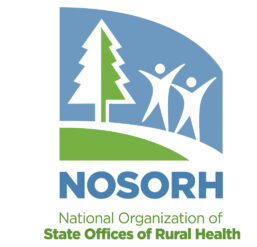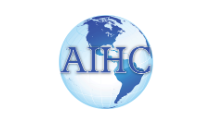February 20, 2024
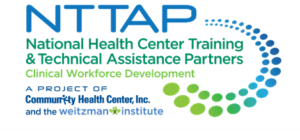
NTTAP Webinar Series 2023-2024 Data Driven Health Equity: Strategies for Collecting Patient Data in Health Centers, March 7
Consider joining this upcoming webinar to dive into key strategies for using identity data in population health management.
Expert faculty will highlight the importance of gathering data to address health disparities, with a focus on utilizing Electronic Health Records (HER) for both internal and patient-focused justice, equity, diversity and inclusion (JEDI) purposes.
Participants will gain confidence in advancing health equity with strategies to collect and use demographic data for developing and monitoring health equity plans.
Learning Objectives
- Develop a foundational understanding of how to utilize key identity data to advance
- justice
- equity
- diversity and
- inclusion goals
Target Audience
- Dental
- Nurses
- Nurse practitioners
- Phar4macists
- Physicians
- Physician assistants
- Psychologists and counselors
- Registered dieticians
- Social workers
- Other members of the team
Cost: Free
When: March 7, 1:00 – 2:00 pm ET


